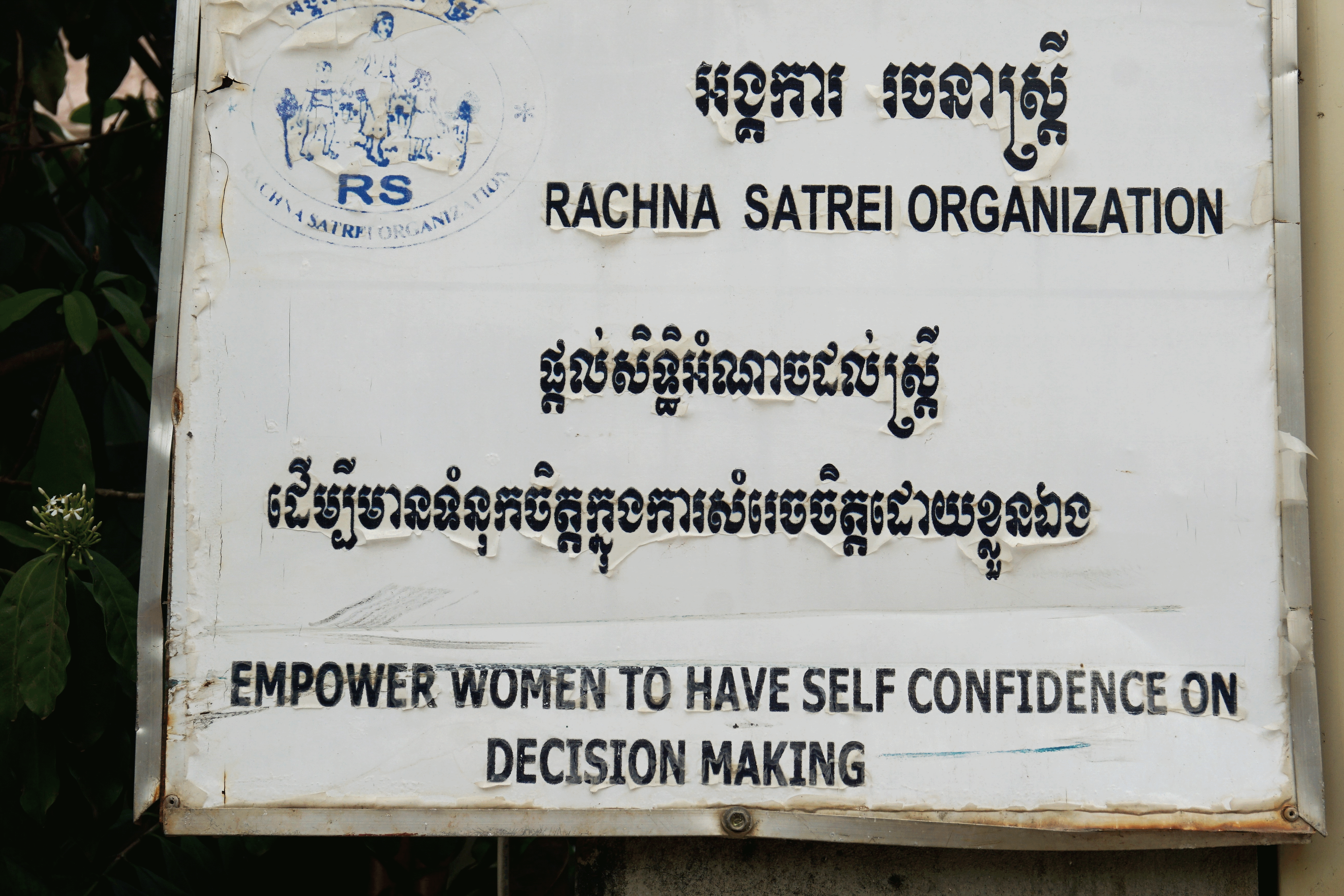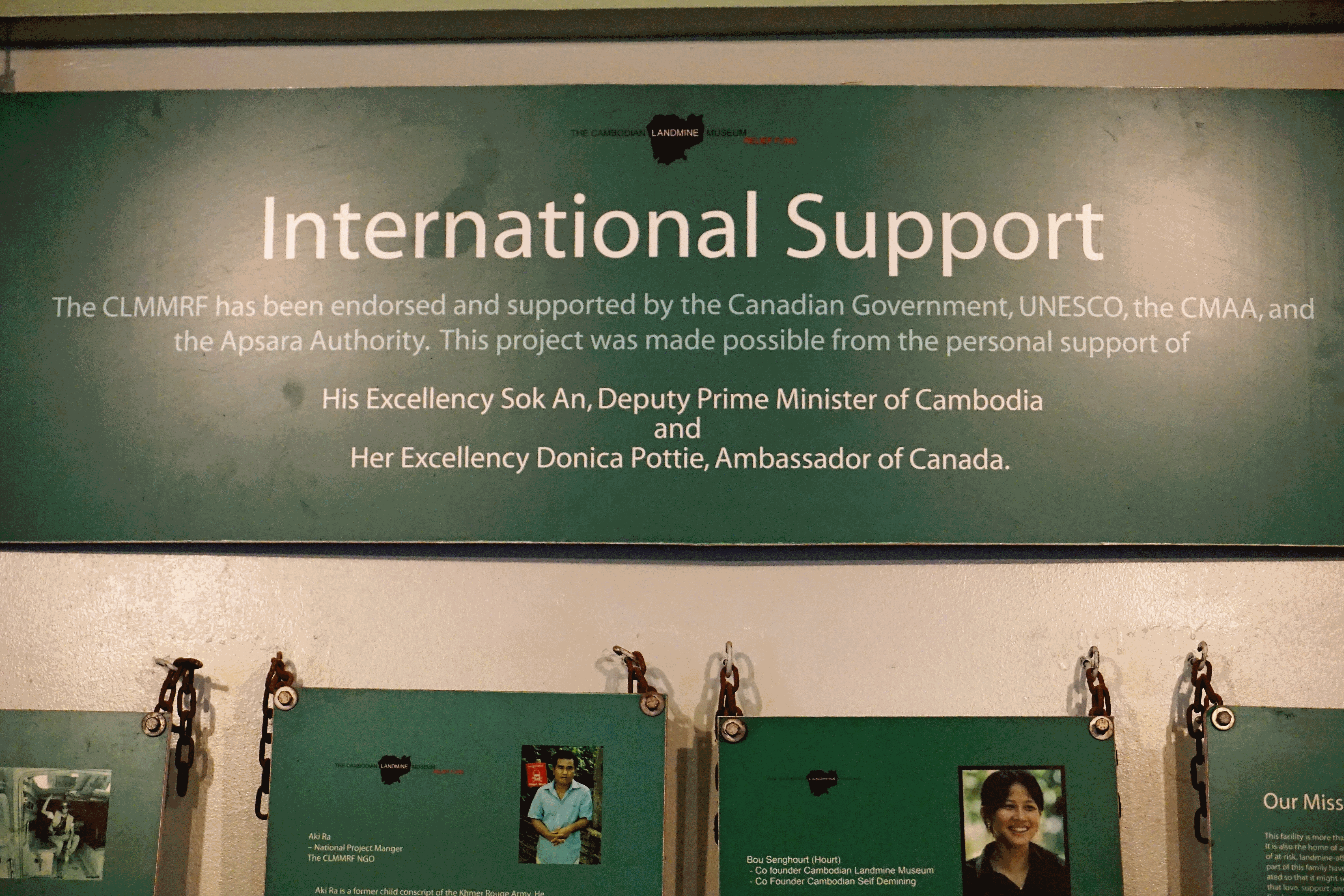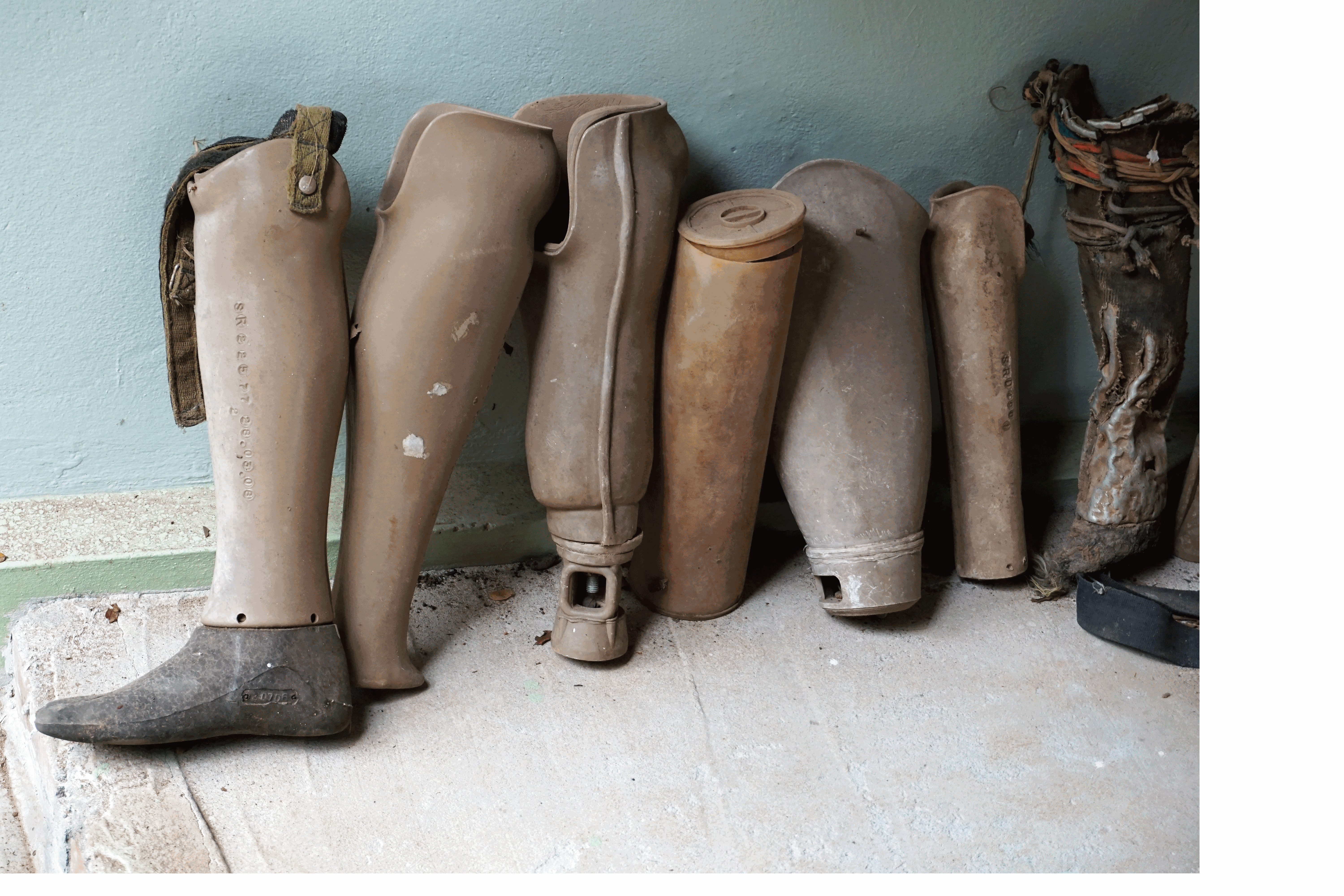NGOs are ever present in Cambodia. Archaeological sites are restored in partnership with foreign governments and trusts, each with a different vision of how and for whom restoration should benefit. Micro-credit offices line the streets of large towns, plaques, and signs on wells and houses declare the generosity of Bob and Betty of small-town Ontario, US Aid hospitals are nestled beside sponsored schools along lanes lined with signs for free English classes and announcing the presence of organizations of less obvious purpose.
Being a tourist in Cambodia you will likely to (in)directly find yourself supporting a local or international NGO
We spent an evening enjoying the truly talented troupe from PHARE (https://pharecircus.org/about-us/)
Proceeds from ticket sales are reinvested into an Arts based school, educating and training 1500 students a year. As we reflected on the athleticism of the performers one of our children asked, “What do they do when they can’t work in the circus anymore?” Good question, perhaps watching a program a few weeks ago about Chinese athletes post Olympic career serving as a catalyst. And I found myself wondering if the animation studio being created through micro-credit and private investment to employ the most talented school graduates, would be an opportunity for Cambodian created stories and film or just a means to outsource animation work to cheaper labour? While I hope for one, I cynically suspect the other, especially in light that 80% of Cambodia’s export economy is built on the cheap labour of textile manufacturing
We also visited the Cambodian landmine museum, a small, moving museum and education center. The modest museum entrance fee goes to support http://www.cambodianselfhelpdemining.org/ as well as http://www.cambodialandminemuseum.org/rural-school-village-program/. There was a moment of Canadian pride when we read about the significance of the Ottawa Convention on Landmine Ban and support of Canadians in demining efforts.
Unfortunately this was short lived as we came to the realization what and who is excluded from the treaty and the extent in which mines and other weapons of senseless destruction continue to be used.
NGOs arise to fill a void, address a wrong, advance a cause, promote an idea, valourize or absolve an individual, a nation, an organization, a corporation. Someone always benefits, but who, where and how are the questions we need to ask. In Cambodia the work or methods of some NGOs caused discomfort and even anger, others raised questions about long-term intent and outcomes and a few seemed examples of community resilience and a call to action.



